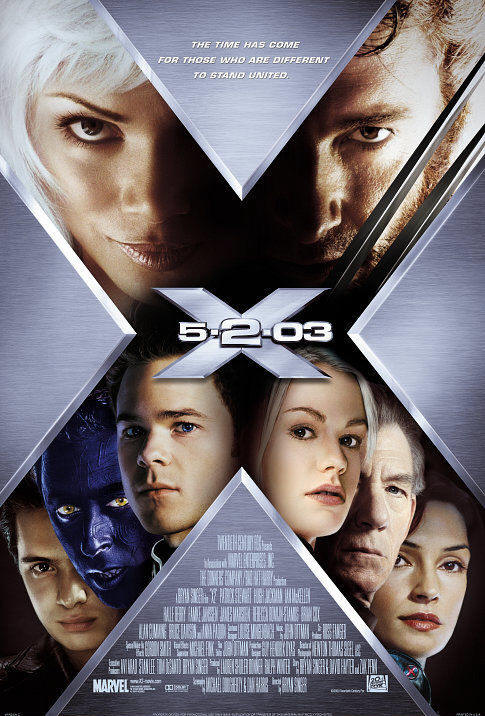
I wish we didn’t have to talk about this.
The hardest part of being close to an addict is undoubtedly knowing when to cut ties. At some point, you’re going to see that addict spiralling downhill at a breakneck pace. You’ll know the end is coming. The smart thing to do is distance yourself, wash your hands of the addict and move on. Cold, sure, but that’s the smart play. It’s hard, of course. If it was that easy to cut and run, you probably wouldn’t be that close with that person, that addict, to begin with. Most of us hold on too long. We can’t help it. Emotion got the better of us and we missed the jump-off point.
I’m starting to wonder if we’re approaching that point with the NHL. Wade Belak died yesterday, the third player death this offseason alone, all of them tough guys, all of them leaving more questions than answers. What we do know is that the toughest of hockey tough guys is now death itself, and death is taking down giants, now, beckoning “who’s next?” while we all cower in fear.
That’s the scary part. Are there any true believers left out there who don’t think there will be a next one? Belak, Rick Rypien and Derek Boogaard have all fallen like dominoes since May. Two suicides, one drug overdose. Sure, circumstances in each case are different enough that if you want to, you can tell yourself they’re not related. If you want to. But things are starting to stink around the NHL, much like the bodies being buried this summer.
I’m not really interested in writing a tribute to Belak, a funny guy who was by all accounts a good husband and father. Bruce Arthur, brilliant as ever (unless it involves Michael Vick, when he becomes as infuriating as everyone else writing about Michael Vick), has a better tribute to Belak than I could ever write here. It’s a deserved tribute and a terrifyingly sad story.
What I’m much more interested in is why. As in, why does it feel like I’ve walked into a Stephen King’s “It” where the NHL acts as Derry, Maine? Why does it increasingly feel like there’s just something wrong with this league, something deeper than any of us realize, something that makes it harder to watch hockey and just enjoy the beauty of the sport? I don’t want to watch hockey and worry about drugs and depression and concussions and lost careers and early deaths, but I do.
I’m also interested in how to fix it, but that’s part of the problem: if we continue to work with the premise of the NHL as Derry, Maine, then maybe there is no fix. On Twitter, Sean McIndoe (@DownGoesBrown) suggested the league should step up and pay for any sort of help that any player, current or former, asks for. I think that’s a great suggestion but it’s only a start. A start that might not even be that effective in a macho athlete culture of never admitting there’s a problem. Belak seemed happy and well-adjusted and he still killed himself. Does McIndoe’s help program prevent Belak’s death? What about Rypien, who was depressed for years, SOUGHT HELP and still lost his battle with depression?
What about Alex Cherepanov, once considered one of the best talents in the NHL draft, selected by the New York Rangers, and died when his heart, enlarged from performance enhancing drugs, gave out in the middle of a Russian game? What about Boogaard and Bob Probert, both of whom had gone through the league’s substance abuse program and still died drug-related deaths anyway? What about a guy like Marc Savard, who isn’t dead but is almost certainly out of a career after suffering a brutal concussion?
Where are the answers? Do we ban fighting? Do we add headshot rules with some actual teeth? Do we cut back on the hero worship of players and better prepare them for life after hockey, something players themselves think the NHLPA isn’t doing a good enough job of? Should we cancel hockey for a year or two, let everyone get their heads on straight and start over?
I don’t know if there is an answer and that’s what really scares me. Crazy people like Ken Campbell are starting to beat the pro-ownership drums of lockout war. The best player in the world, Sidney Crosby, isn’t close to playing after suffering a concussion in January. Training camps open in mere days and instead of buzzing with optimism for another season of the best sport on the planet, the hockey world is getting ready to bury another of its own.
Something really, really stinks around here. The only thing I can think to do is wash my hands of this league and let the spiral continue without me.






























